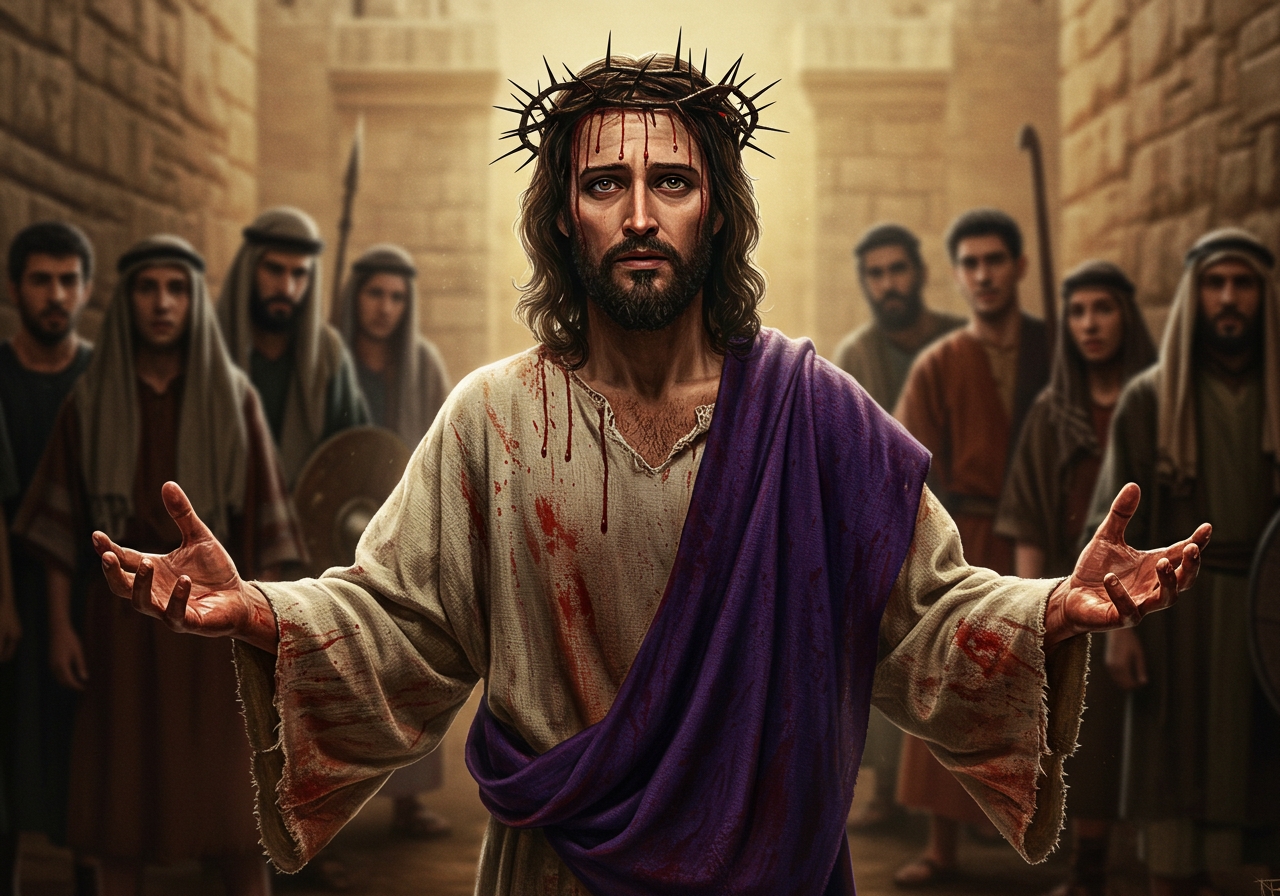
...
As invitations arrive for the annual Memorial of Christ's death observed by Jehovah's Witnesses, many wonder why their practice differs so markedly from the communion or Eucharist services common in other churches. Delving into their reasoning reveals a focus on adhering strictly to biblical accounts regarding the event's timing, the nature of the bread and wine, and who should partake, leading to a unique observance they believe honors Jesus' original instructions.
Understanding the Memorial: Remembrance, Not Ritual
Jehovah's Witnesses refer to the observance as the Lord's Evening Meal or the Memorial of Jesus' death. For them, the core purpose isn't a sacrament that grants forgiveness or divine grace, but rather a solemn occasion to remember Jesus Christ and express profound gratitude for his sacrifice. They point to scriptures indicating forgiveness comes through faith in Jesus, not through participation in a religious rite.
Why Once a Year? The Passover Connection
Think about how you celebrate a significant anniversary – usually once a year on the date it occurred. Jehovah's Witnesses apply similar logic here. Jesus initiated this meal on the night of the Jewish Passover, an annual event, and died later that same day. The Bible compares Jesus' sacrifice to the Passover lamb. Following this pattern, and what they understand to be the practice of early Christians, Witnesses commemorate Jesus' death annually on the biblical date of Nisan 14, calculated using the same lunar calendar method believed to be used in the first century (which may differ from the modern Jewish calendar).
The Elements: Simple and Symbolic
When Jesus introduced the meal, he used unleavened bread and red wine readily available from the Passover celebration. Witnesses follow this example precisely, using plain unleavened bread (as leaven often symbolizes sin in the Bible) and unadulterated red wine. They believe these items are fitting symbols: the bread representing Jesus' sinless body and the wine his shed blood. They avoid practices like using leavened bread or substituting grape juice for wine, viewing these as deviations from the original instruction and symbolism.
Symbols, Not Jesus' Literal Body and Blood?
A key difference lies in understanding the nature of the bread and wine. Witnesses believe these are emblems, or symbols, representing Christ's body and blood. They do not believe in transubstantiation – the idea that the bread and wine miraculously become Jesus' literal flesh and blood. Their reasoning, based on their interpretation of scripture, includes:
- Jesus wouldn't ask disciples to violate God's law against consuming blood.
- He spoke of his blood being "poured out" (future tense) during the meal.
- His sacrifice was "once for all time," not repeated ritually.
- Jesus said, "Keep doing this in *remembrance* of me," suggesting a memorial, not a sacrifice.
- They interpret phrases like "This *is* my blood" as metaphorical language, common in Jesus' teachings, meaning "This *represents* my blood."
Who Partakes of the Bread and Wine?
Perhaps one of the most noticeable differences is that during the Memorial observance, most Jehovah's Witnesses in attendance do not partake of the bread and wine; they attend as respectful observers. Why? They believe the Bible teaches that only a limited number of Christians – 144,000 referred to as the "little flock" – are called to rule with Christ in heaven as part of a "new covenant." These are the ones they believe Jesus directed to partake of the emblems. The vast majority of Witnesses ("a great crowd") hold the hope of everlasting life on earth. While they don't partake, their presence at the Memorial signifies their deep appreciation for Jesus' sacrifice, which benefits all who exercise faith.
Comparative Overview
Feature | Jehovah's Witnesses' Practice (Based on Their Interpretation) | Common Practices in Other Religions (as noted in JW analysis) |
|---|---|---|
Frequency | Annually | Monthly, weekly, daily, or more frequently |
Date | Nisan 14 (Biblical lunar calendar, calculated via 1st-century method) | Varies; not typically tied strictly to Nisan 14 |
Bread | Unleavened bread (symbolic) | Often leavened bread |
Wine | Plain red wine (symbolic) | Sometimes grape juice or fortified/spiced wine |
Nature of Elements | Emblems/Symbols representing Christ's body and blood | Often viewed as a sacrament; some believe in transubstantiation (literal transformation) |
Who Partakes | Only those believed to be part of the "new covenant" (144,000 heavenly hope) | Generally, church members in good standing are invited/expected to partake |
This overview outlines the core beliefs of Jehovah's Witnesses regarding the Lord's Evening Meal based on their understanding of the Bible. They emphasize adherence to the scriptural pattern established by Jesus and the early Christians.
For a more detailed explanation directly from the source, you can visit the official website of Jehovah's Witnesses:

Add new comment